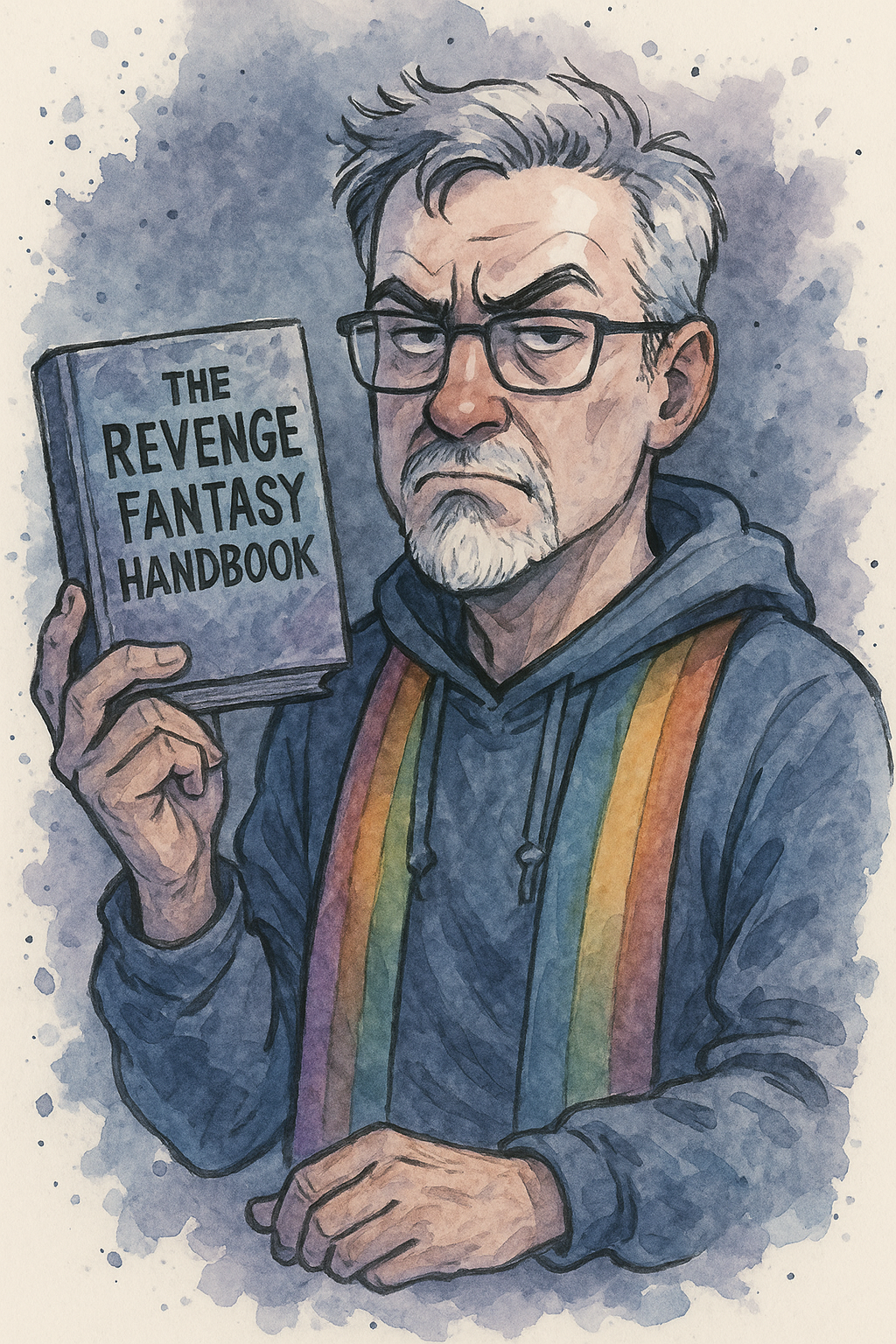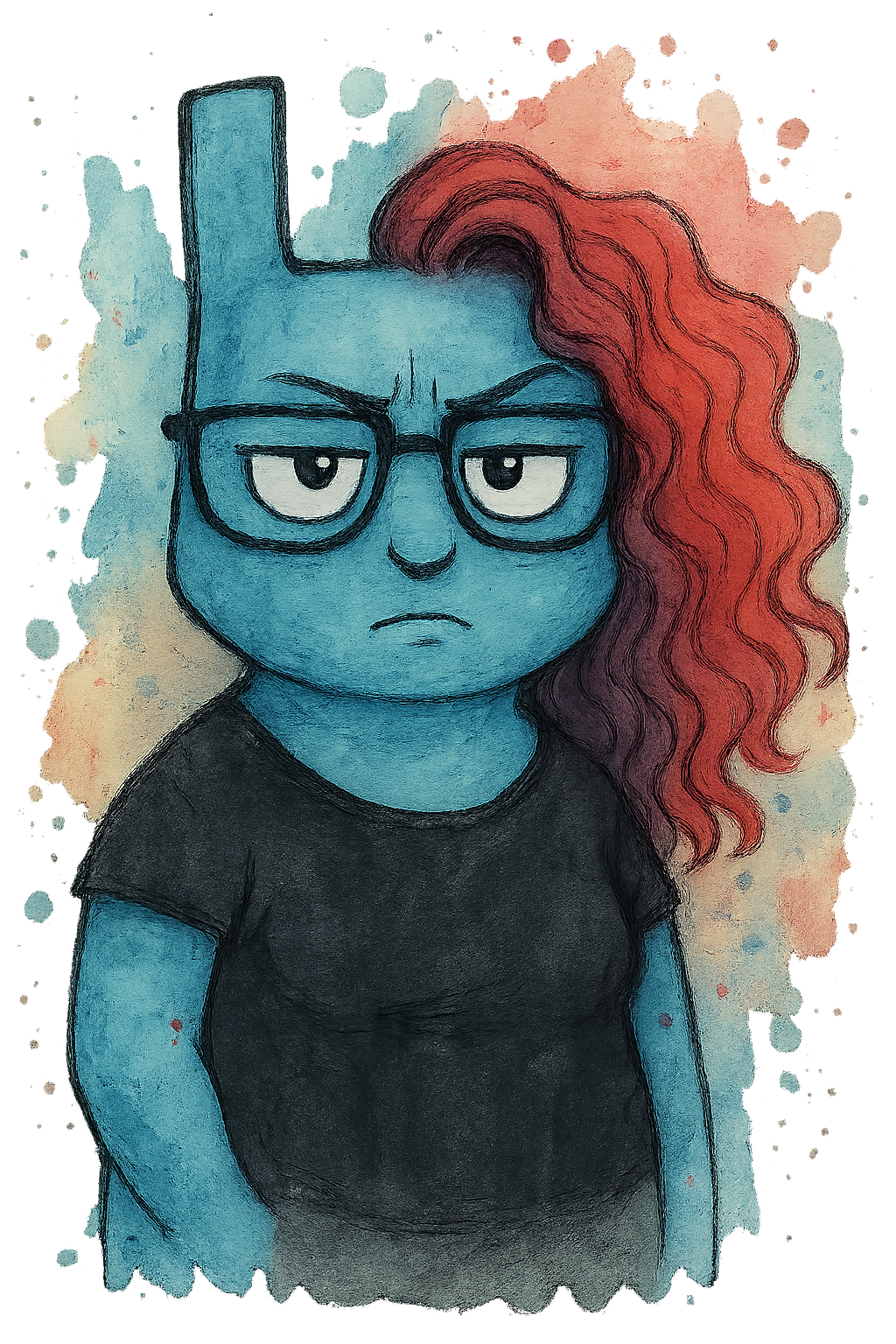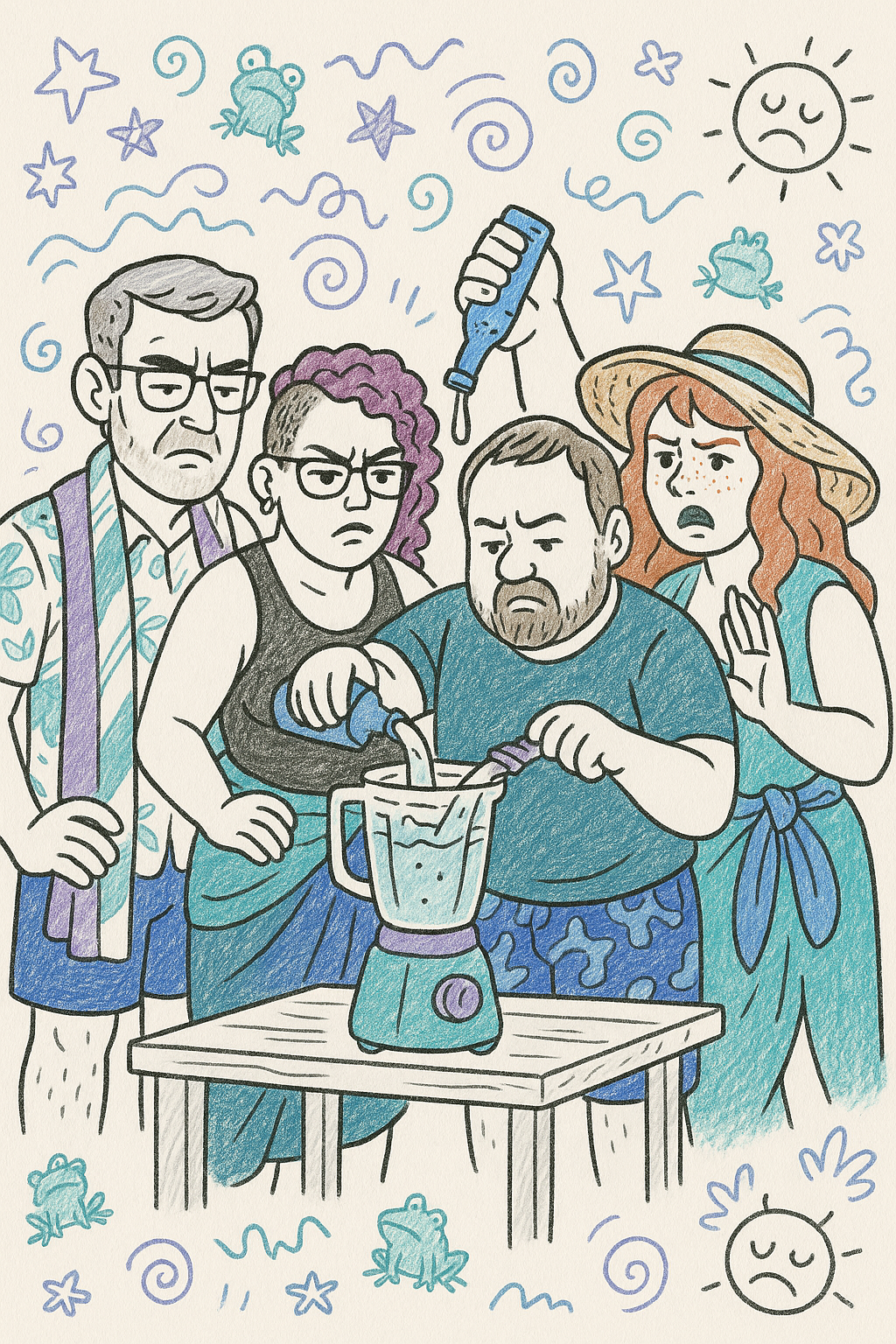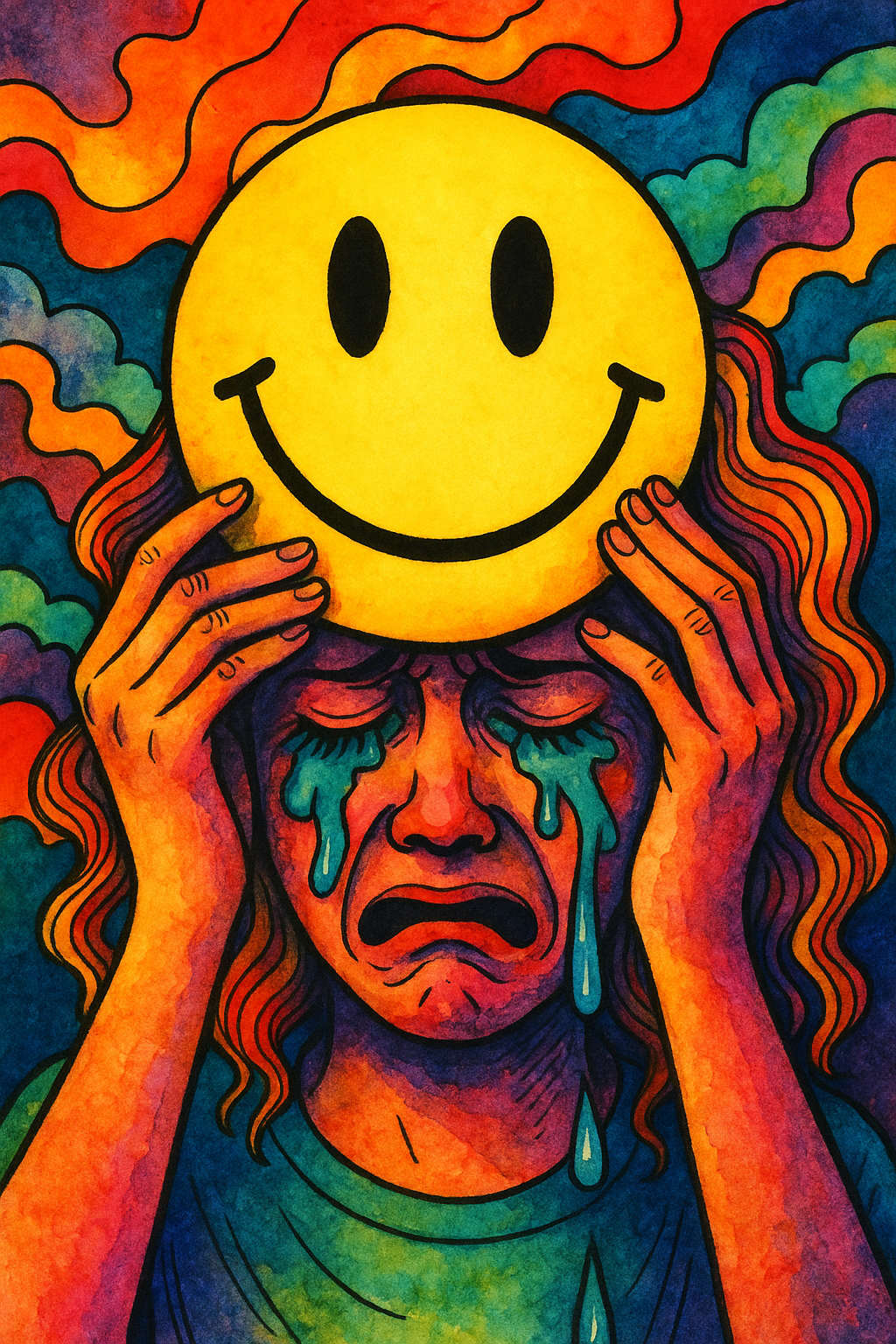or: How to Stop Drinking Poison Just to Spite the Other Guy
To err is human. In fact, around here we call that Tenet Zero: Failure is Mandatory. You will screw up. You have screwed up. And if you’re still waiting to fail, I regret to inform you: the clock’s ticking.
Last time, we talked about apologizing—how saying “I’m sorry” isn’t a get-out-of-jail-free card, and that the world doesn’t owe you forgiveness just because you said the magic words without bursting into flames.
Today, we flip the coin.
Let’s talk about forgiveness.
Unlike failure, forgiveness is not mandatory. No divine force is hovering above you, tapping its celestial clipboard and demanding absolution. You don’t owe it to anyone.
But—and hear me now, children—it’s still a damn good idea.
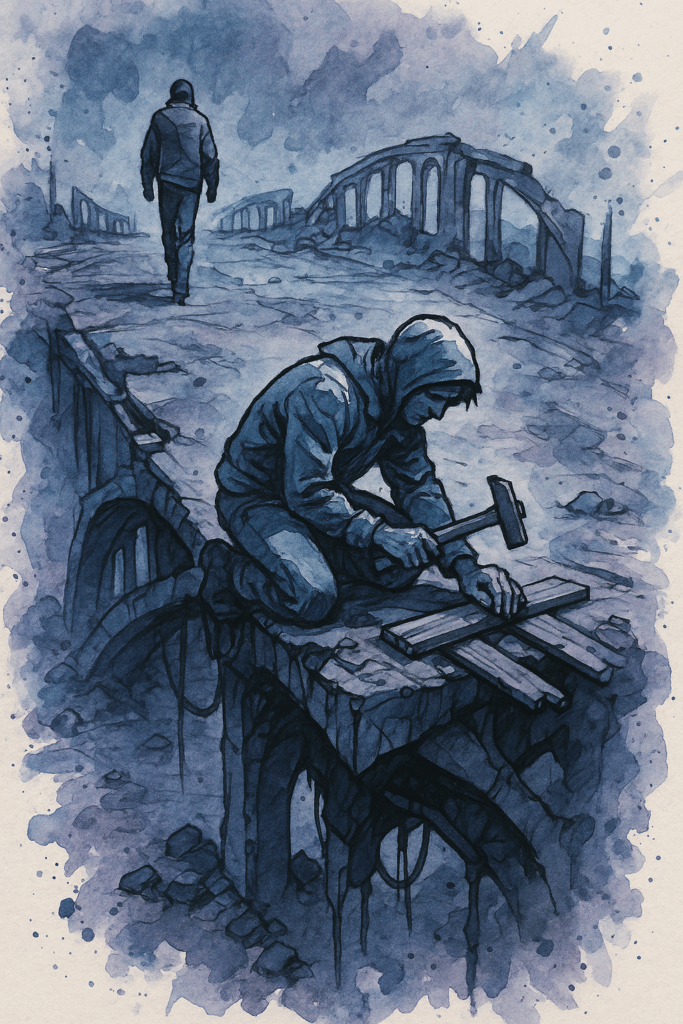
Here’s Why:
Grudges are heavy. They’re emotional kettlebells you carry around like they’ll make you stronger, but all they really do is ruin your posture and your peace. I’ve stayed mad at people for years. It’s exhausting. It takes energy. It eats brainspace I could’ve used to solve crossword puzzles or figure out how to poach an egg correctly.
Forgiveness isn’t for the other person. It’s for you. It’s about setting down the sack of rocks you’ve been dragging so long you forgot it wasn’t part of your skeleton.
And hey—you don’t have to rebuild the bridge just because you stopped throwing dynamite at it. Forgiveness doesn’t require reconciliation. You can forgive someone and still decide they don’t get to borrow your power tools or crash on your couch ever again.
Forgive Yourself, Too, You Ornery Disaster
Some of you are experts in self-flagellation. You’ve been dragging around a mental blooper reel and setting it to emotional death metal. But what if—just what if—nobody else even remembers the thing you’re crucifying yourself over?
Learn your lesson, yes. But then? Put down the whip. You don’t get extra credit for bleeding longer.
The Optional Miracle Sentence:
Here’s a line I keep in my pocket for special occasions:
“I don’t feel that you did anything wrong, but if you did, I forgive you.”
That one’s not for everyone, but when it fits, it lands like a thunderclap in a drought. Sometimes people are torturing themselves over things you didn’t even notice. That sentence can be a rescue ladder down from their own private hell.
But What If They Don’t Deserve It?
And now, the inevitable objection:
“But Step-Pope Richard, that festering swamp-dweller doesn’t deserve forgiveness!”
To which I say:
Since when does deserve have anything to do with anything?
Elon Musk doesn’t deserve a kingdom built from NFTs and self-driving tax write-offs.
Children don’t deserve to die in floods or grow up without safe drinking water.
So if we’re doling out life’s bounty by what people deserve, we are already in a hell dimension.
Forgiveness isn’t about them. It’s about you.
Not what they’ve earned—what you’re ready to release.
What Forgiveness Is NOT:
- It’s not reconciling. You can forgive and still delete their contact info like it’s radioactive.
- It’s not delayed vengeance. “I forgave her back then but now she can’t come to my wedding because I’m being mature.” Uh-huh. Nice try.
- It’s not one and done. You might have to re-forgive them every Tuesday for a year.
- And it’s not contingent on an apology. They can think they did nothing wrong until the sun burns out. You can still decide to stop letting them live in your skull rent-free.
Final Word (Until You Screw Up Again)
Failure is built-in. Forgiveness is optional. But I’ll tell you this: I sleep better when I let things go.
You’re not obligated to forgive.
But maybe—just maybe—it’s one of the ways you protect yourself.
Not by pretending it didn’t hurt.
Not by excusing the inexcusable.
But by saying:
“I’m not carrying this anymore. I have better things to do.”
Because you do.
You’ve got a bed to crawl into, books to half-finish, and someone who might need your grace tomorrow.

